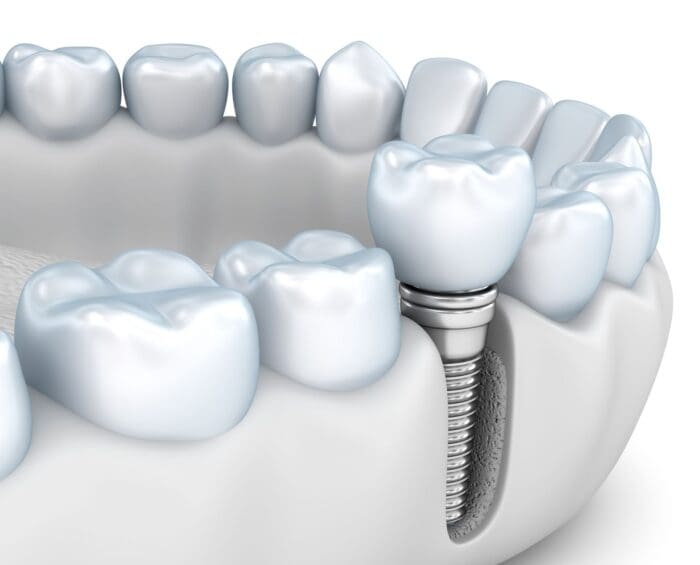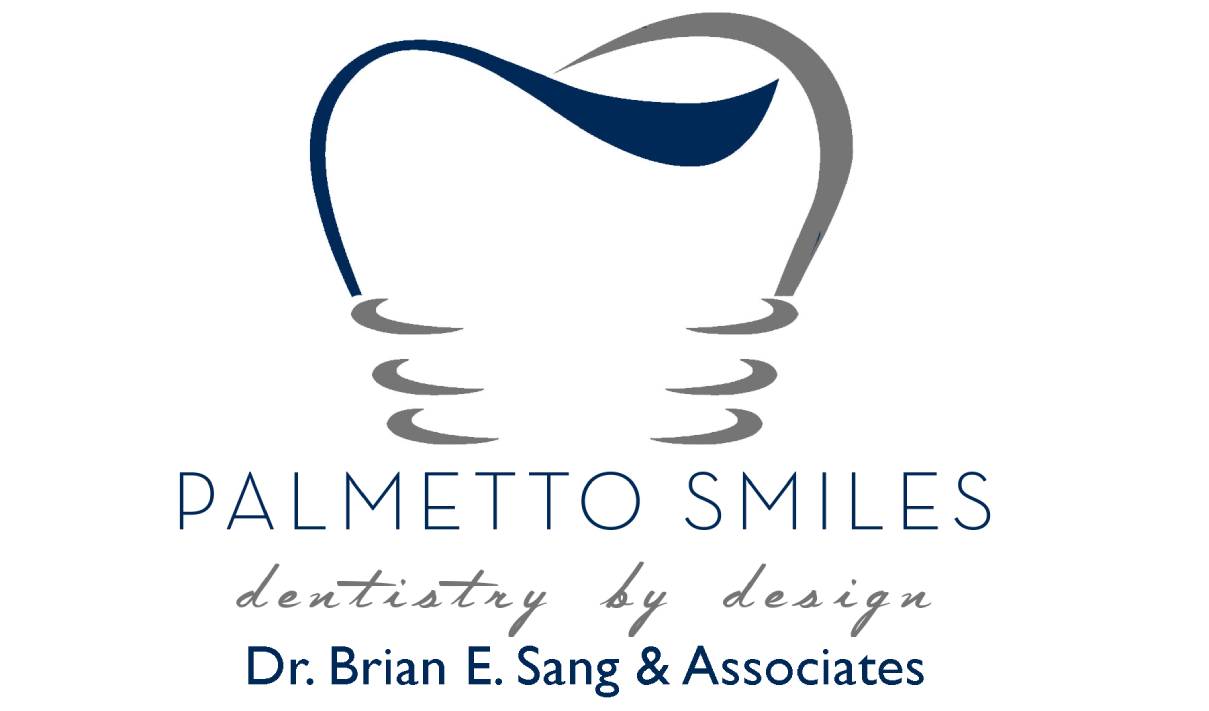Dental implants have revolutionized modern dentistry. They offer a durable and long-lasting solution for replacing missing teeth. Beyond restoring a complete smile, dental implants provide significant benefits for oral health. They are considered one of the most effective tooth replacement options available.

Understanding Dental Implants
Dental implants are small titanium posts a dentist will surgically implant into the jawbone. The implants serve as artificial tooth roots. Once the implants anchor in the jawbone, they provide a stable foundation for replacement teeth such as crowns, bridges, or dentures.
Preserving Jawbone Structure
When a tooth is lost, the underlying jawbone can begin to deteriorate over time. This is due to a lack of stimulation from the tooth root. Without treatment, this can lead to bone loss and changes in facial appearance, such as a sunken or aged look.
Dental implants help preserve jawbone structure by mimicking the function of natural tooth roots. The implants stimulate the surrounding bone tissue. As a result, this prevents bone loss and preserves the integrity of the jawbone. Therefore, dental implants support facial contours and prevent the collapse of facial features.
Preventing Shifting
When a tooth is lost, neighboring teeth may shift or drift out of their proper alignment over time. This can lead to bite problems, misalignment of the teeth, and an increased risk of tooth decay and gum disease.
Dental implants help prevent the shifting of adjacent teeth by filling the gap left by the missing tooth. Furthermore, it provides stability to the dental arch. Dental implants promote a healthy bite and reduce the risk of oral health issues associated with tooth misalignment by maintaining proper tooth alignment.
Restoring Chewing Function
Missing teeth can make it difficult to chew and eat certain foods, leading to nutritional deficiencies and digestive problems. Traditional tooth replacement options, such as dentures, may be unstable or uncomfortable. This makes it challenging to enjoy a varied and nutritious diet.
Dental implants restore chewing function and bite strength, allowing patients to eat a wide range of foods with confidence. Unlike removable dentures, dental implants are securely anchored in the jawbone and provide stability and support for chewing and biting forces.
Enhancing Speech
Missing teeth can affect speech and phonetics, causing difficulties with pronunciation and clarity of speech. Gaps in the dental arch can alter airflow and tongue placement. This can lead to lisping or slurred speech.
Dental implants help restore speech and phonetics by filling in the gaps left by missing teeth and supporting the lips and tongue. However, dental implants improve articulation and speech clarity, allowing patients to communicate effectively.
Boosting Self-Confidence
The aesthetic appearance of a smile can significantly impact self-confidence and overall quality of life. Missing teeth or gaps in the smile can cause embarrassment and self-consciousness. This can lead to social withdrawal and decreased self-esteem.
Dental implants restore a natural-looking smile and enhance facial aesthetics, boosting self-confidence and self-image. With dental implants, patients can smile, speak, and eat with confidence, knowing that their teeth look and function just like natural teeth.
